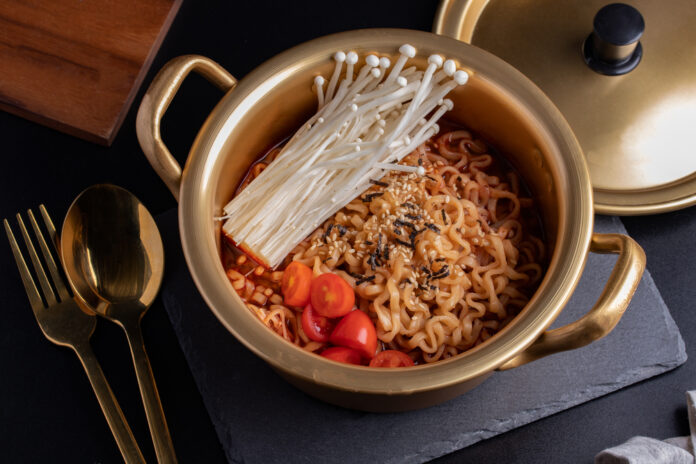Danish authorities have issued a warning about three of Samyang’s best-selling ramen noodles, claiming that customers might be poisoned by a chili pepper extract.
But the South Korean business has fired back, assuring the BBC that its items are of high quality and that Danes just can’t take heat.
The noodles are manufactured and distributed worldwide by Samyang Foods, a major company located in Seoul, South Korea. Three varieties of Buldak Samyang noodles, Buldak Samyang Hot Chicken Stew, 3 x Spicy & Hot Chicken, and 2 x Spicy & Hot Chicken, are being recalled.
When consumed in large quantities, capsaicin, an extract from chili peppers, may induce gastrointestinal distress, including nausea, vomiting, stomach discomfort, diarrhea, and a burning feeling.
The Danish group issued a statement telling anybody in possession of the items to either throw them away or take them back to the shop from where they were bought.
Samyang later clarified in a statement that they understood the Danish food authorities withdrew the items due to their excessive spice content rather than any quality issues. According to the corporation, the items are being sold all over the world. This recall, however, is unprecedented.
People on social media were split over the announcement. Some thought the ramen was too spicy. One person noted that his Thai wife, who loves spicy cuisine, was barely able to manage Samyang’s 3x Spicy.
But other people were furious about food prohibition. One person thought it was a dumb idea, as the packaging clearly indicated that it was spicy.
Many commenters ridiculed Denmark, saying that this proved that Danes only preferred dull cuisine. Someone joked that his Danish friend thinks a pinch of ground pepper is overly fiery.
Another said that Denmark went from courageous Vikings to needing to be shielded from spicy noodles.
With a record-breaking operational profit in excess of $100 million last year, Samyang can lay claim to its wildly successful items on a global scale.
According to the company’s statement, this was the first time it had recalled items deemed excessively hot. The company promised to investigate local restrictions further.

